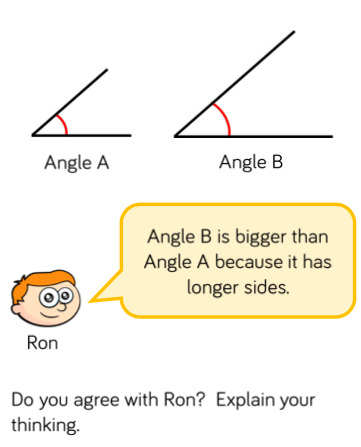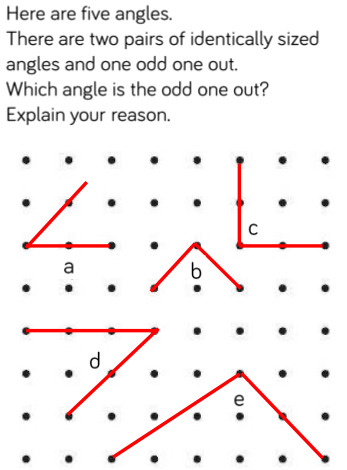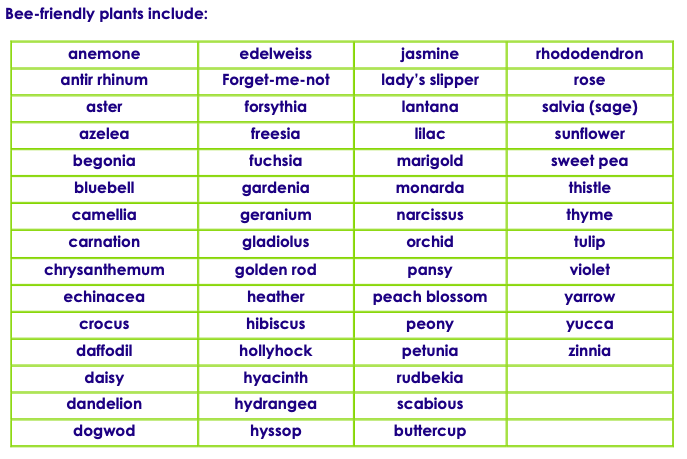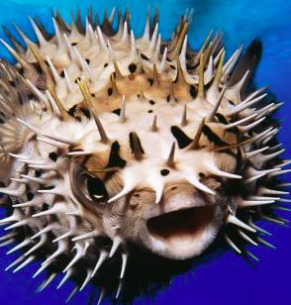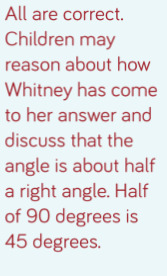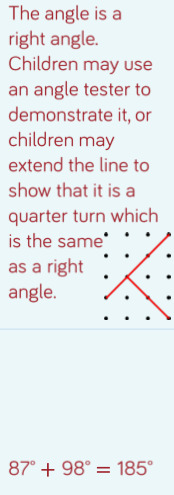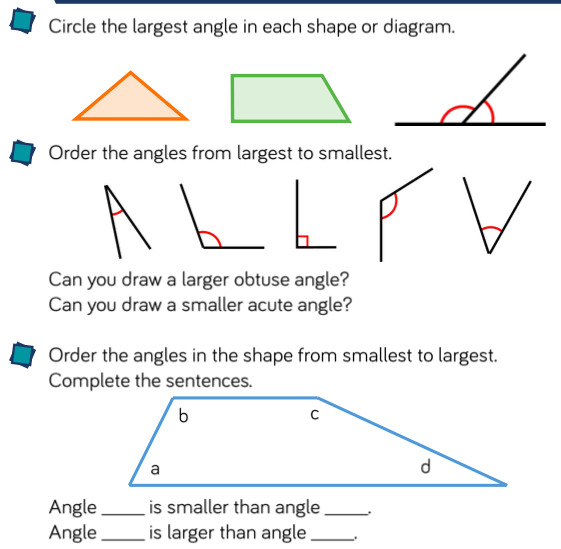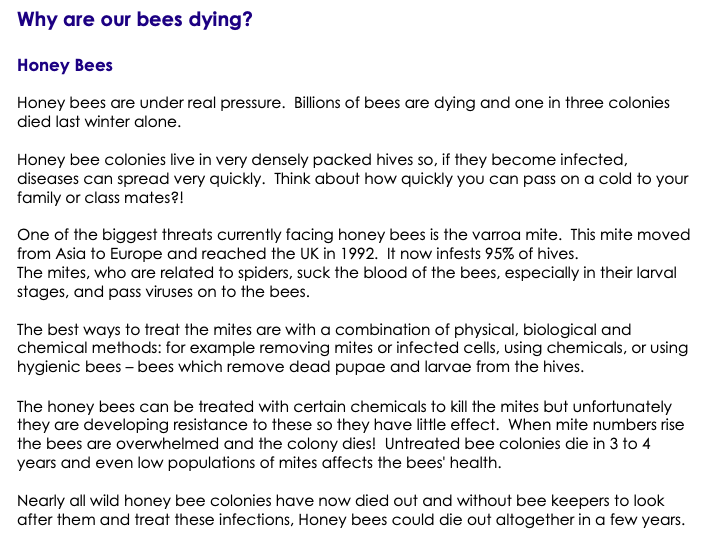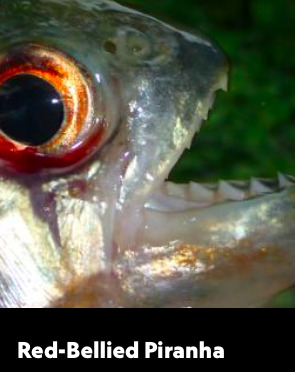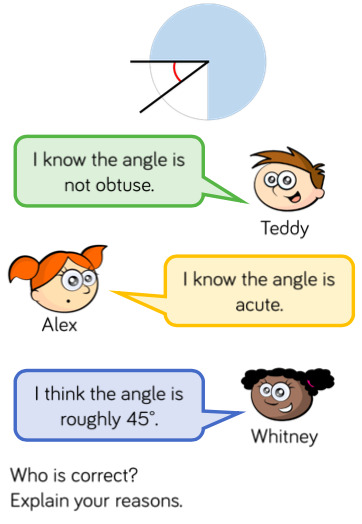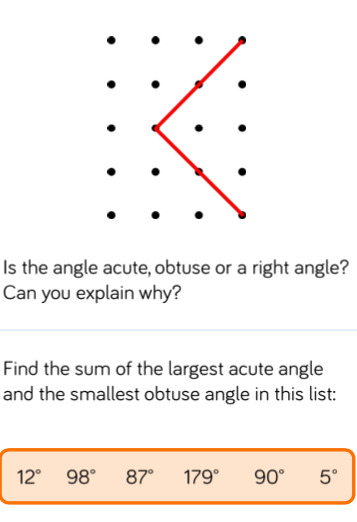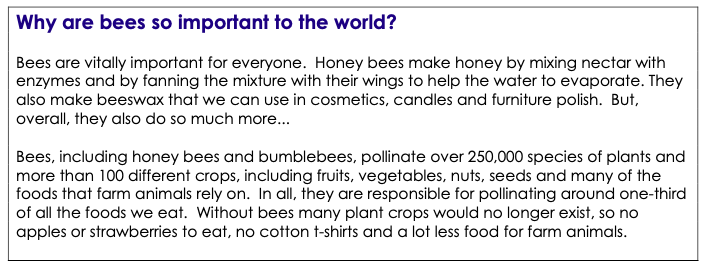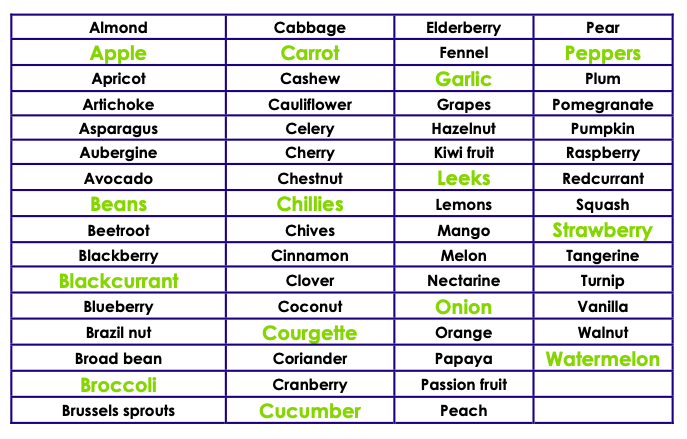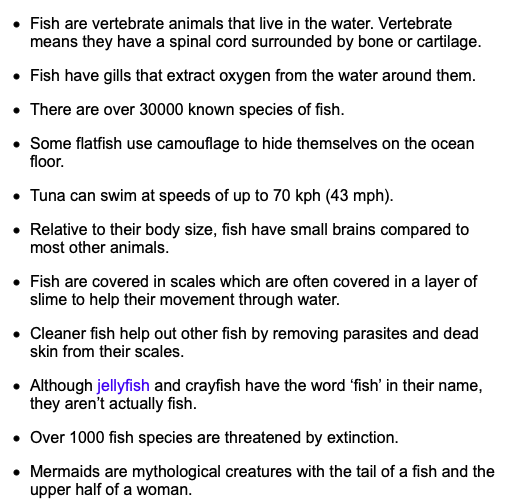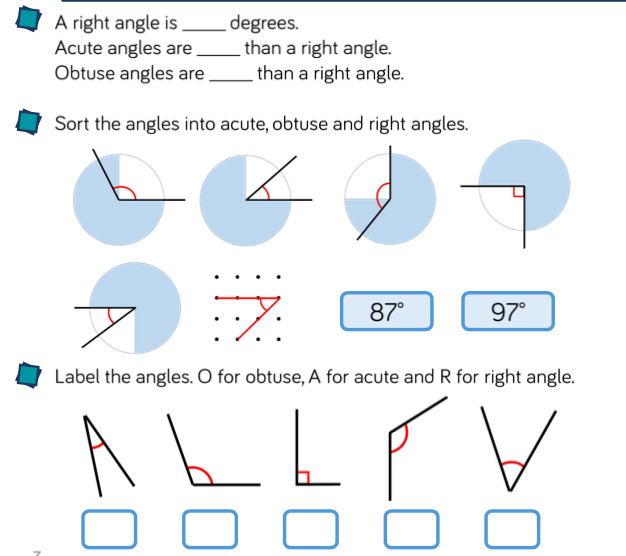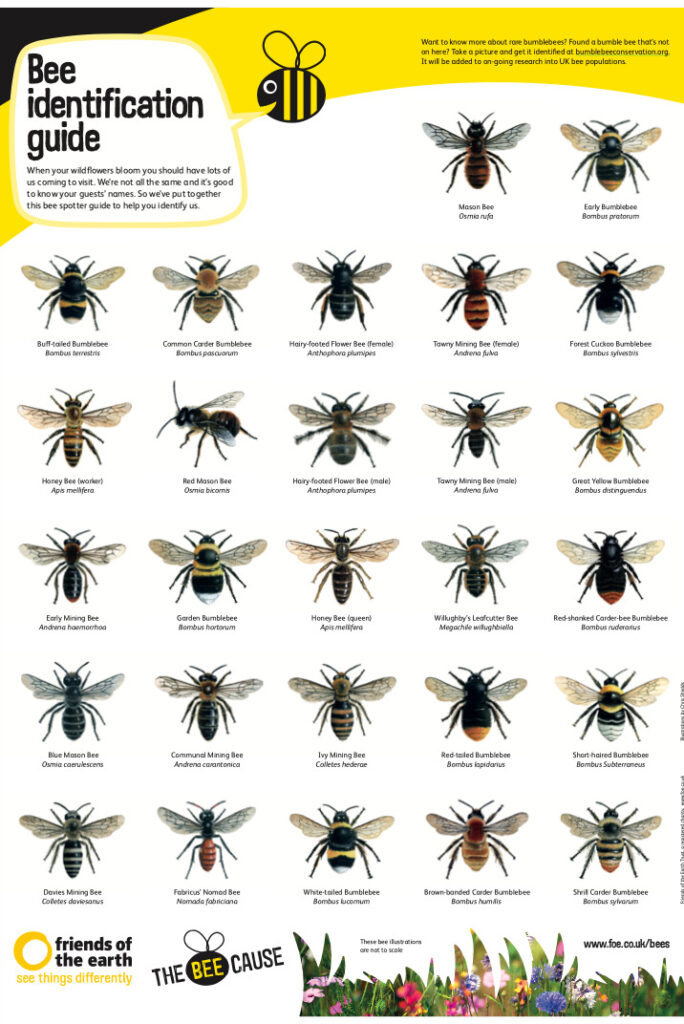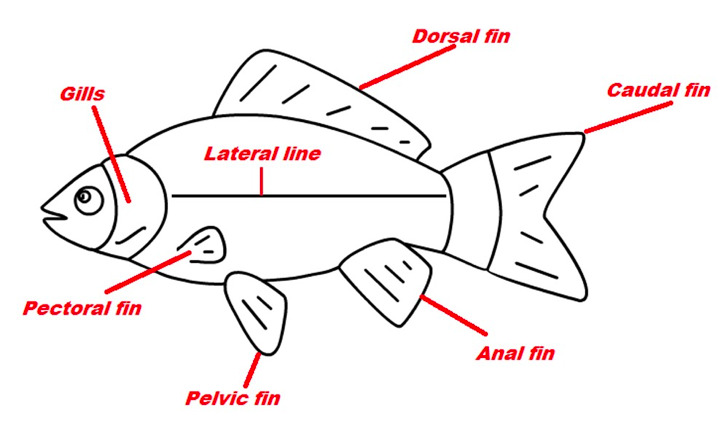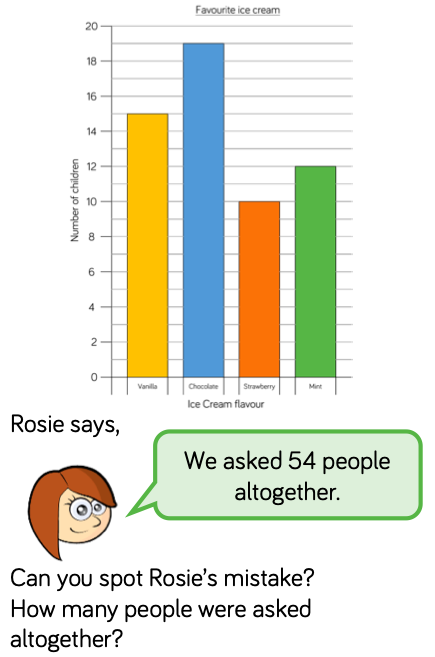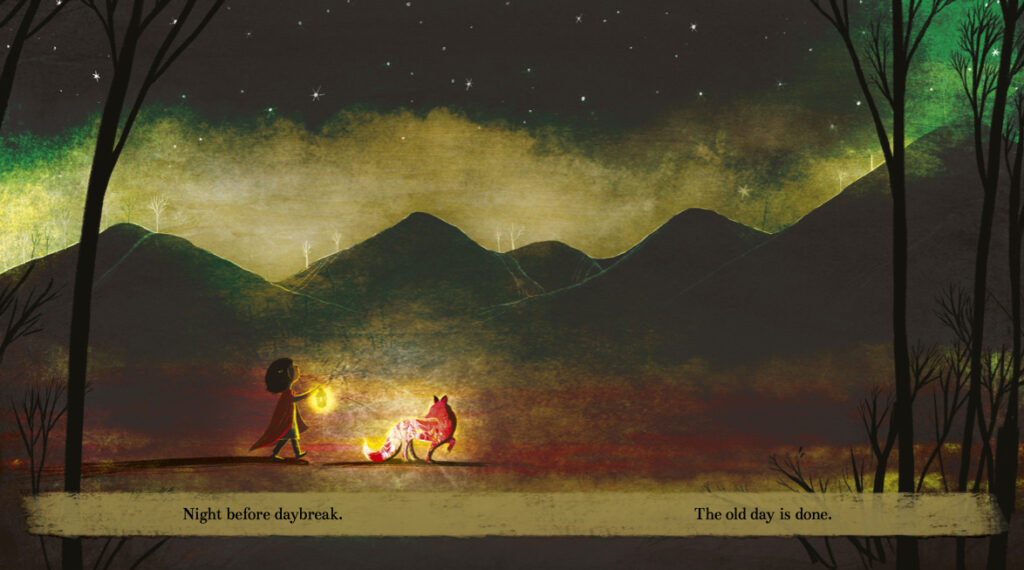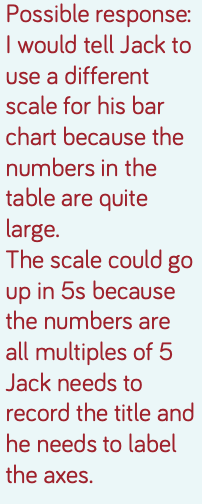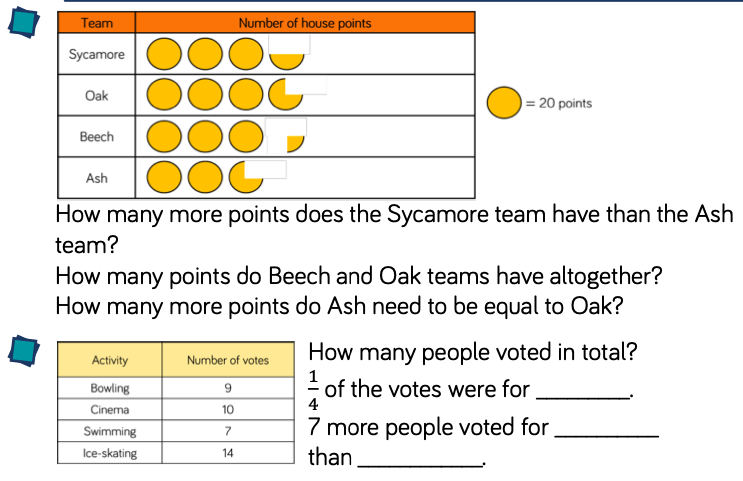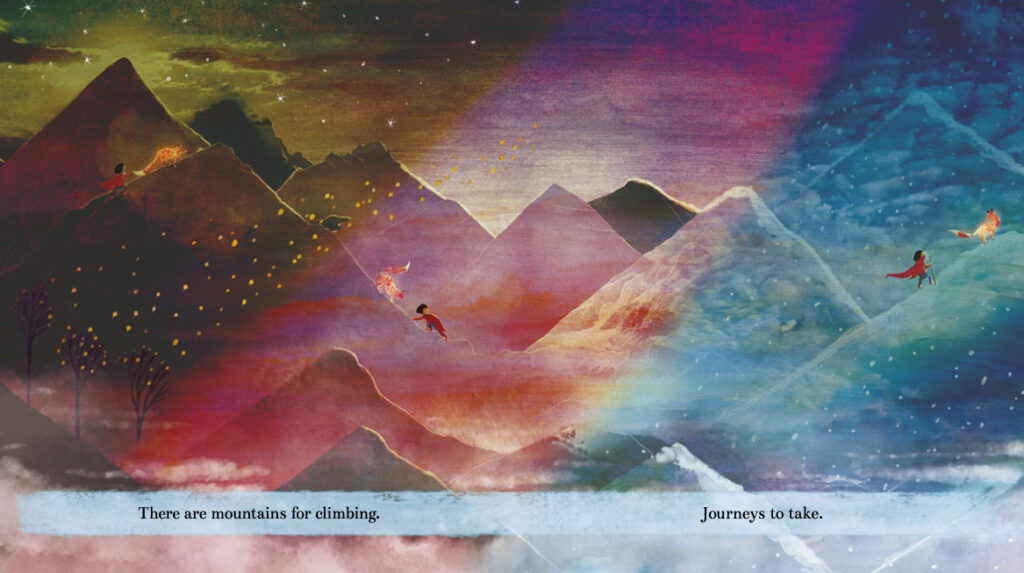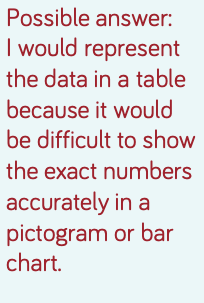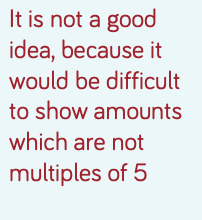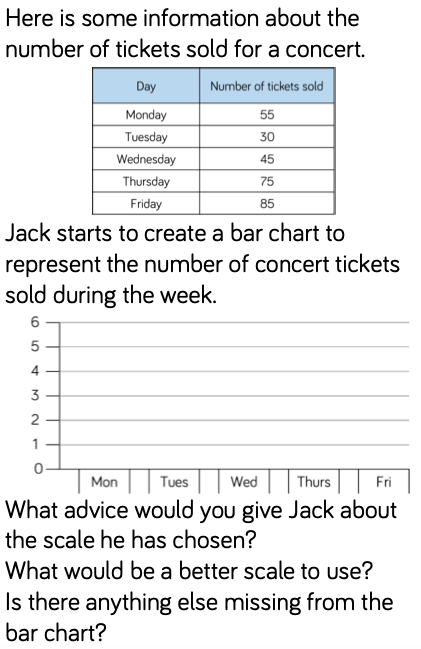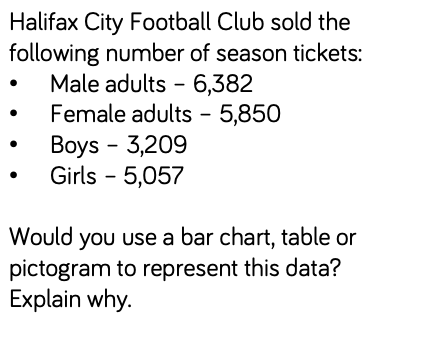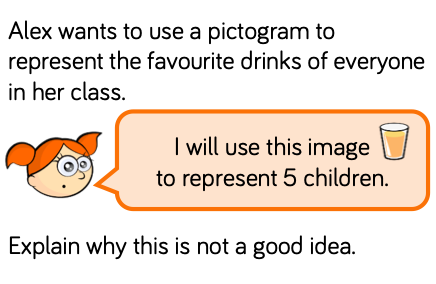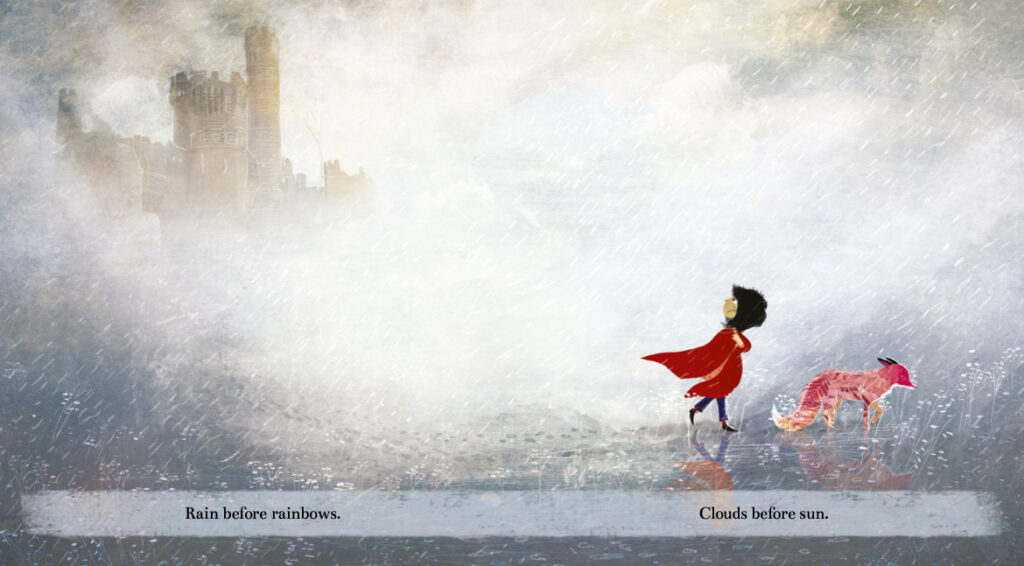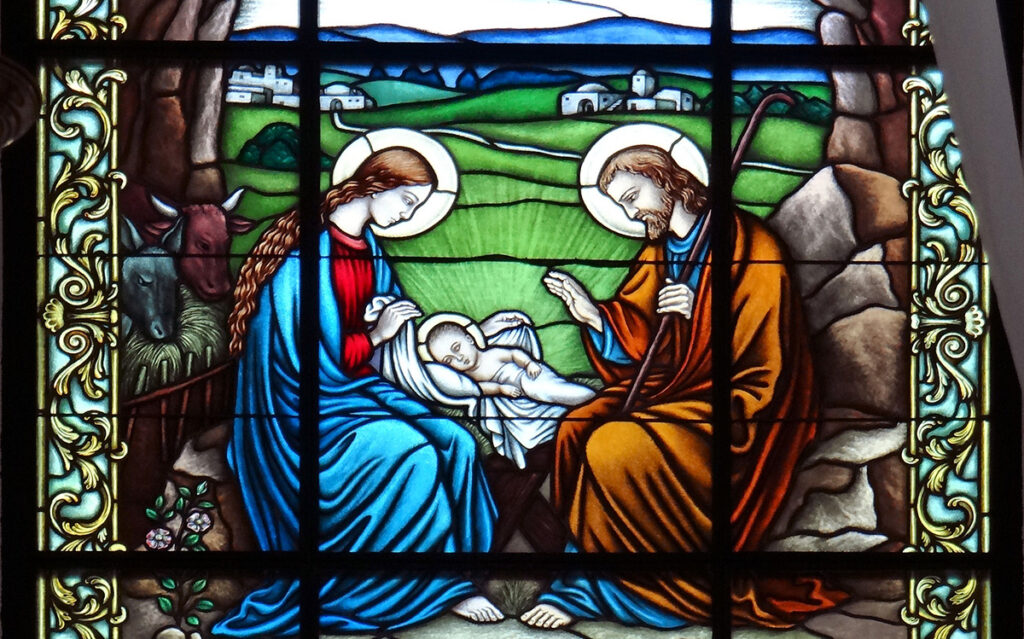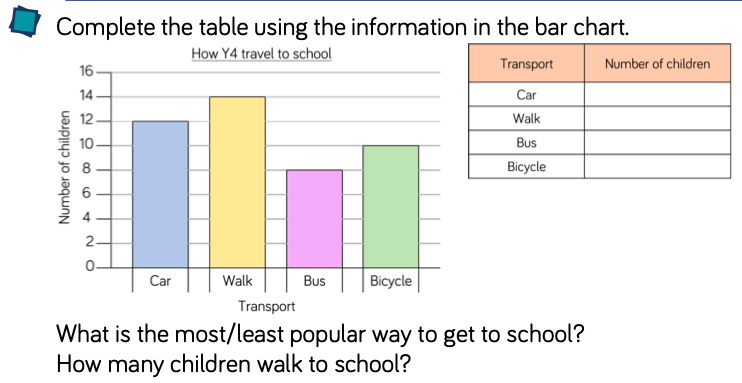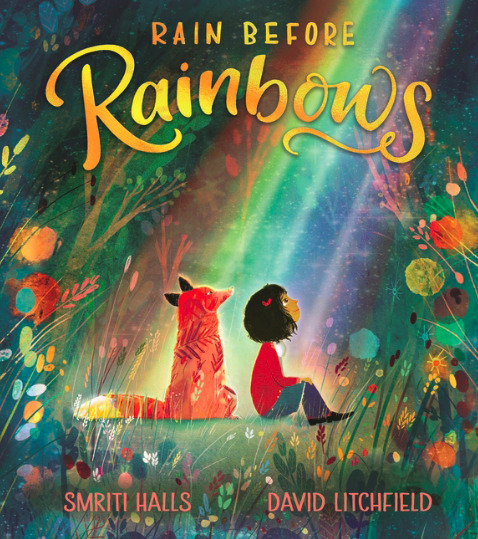Happy Friday Discoverers,
In maths, we are moving on from angles, and focusing on shapes.
Today, we are looking specifically at triangles.
There are three different types of triangle: scalene, isosceles and equilateral.
Do you know the difference between them?
Watch this video to help, and then try to answer today’s questions.
https://www.youtube.com/watch?v=r4rySgvfDQU
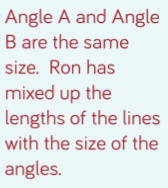
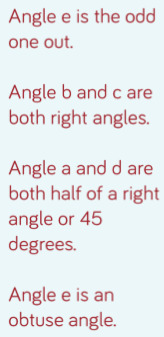
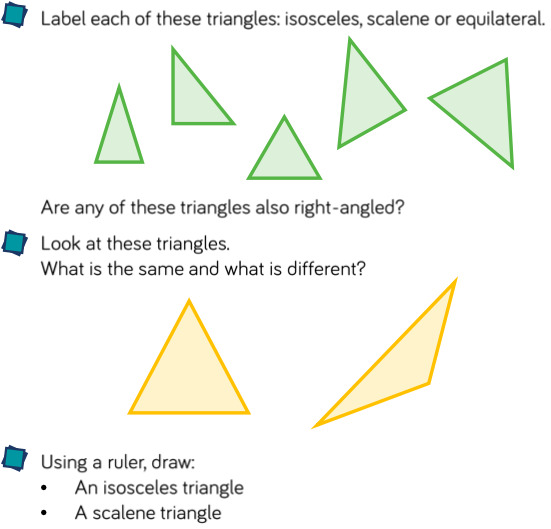
Today, we are going to learn the different parts of a honey bee.
We will start by drawing it.
Use this video to help: https://www.youtube.com/watch?v=Ho4aUHY6fss
Then, you can label the different parts.
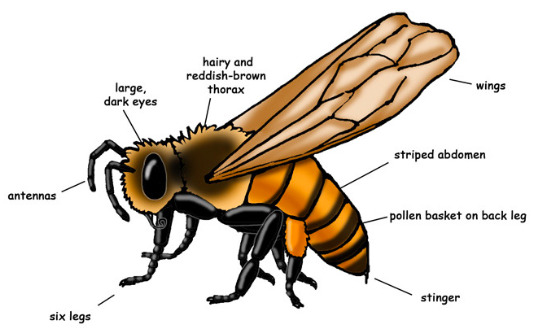
In science, you are going to complete your report about your chosen fish.
You will use the facts that you have gathered, and the drawing that you created yesterday, to put together a short report informing others about your fish.
Share it with people in your family, and upload it for me to learn ?
Here is an example of a report about killer whales:
Take note of its layout, and the use of images to help the reader understand the information they are being given.
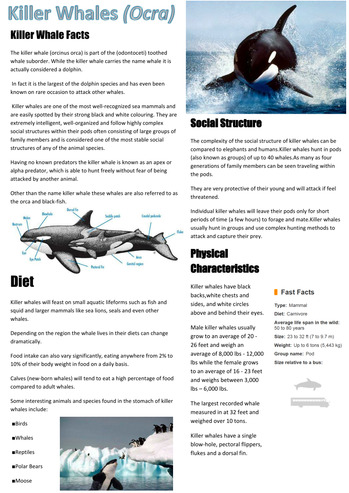
Enjoy your day, and have a great weekend,
Mrs Taylor
